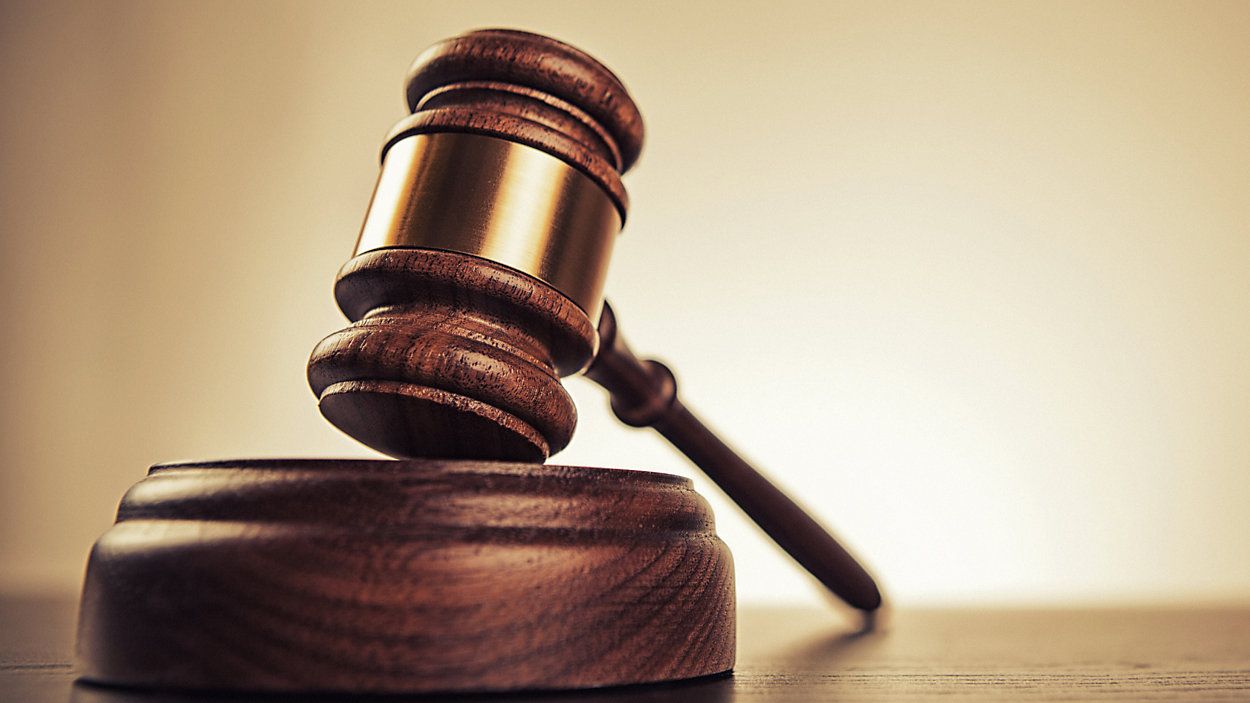A bill that aims to seal many criminal records in New York is advancing in the state Senate after it was approved by a key committee in the chamber.
But full passage of the measure remains in doubt once again this year as supporters hope to either have the provision included in an agreed-to state budget in the coming days or approved by June 8, the final scheduled day of the legislative session.
The proposal, known as the Clean Slate Act, would seal criminal records of people who have completed their sentences in New York in order to make it easier for them to obtain jobs and housing. In recent months, supporters have made changes to the bill to satisfy concerns sex offenders would not be covered.
Still, concerns remain from Republicans. Senate Minority Leader Robert Ortt on Monday at a joint budget committee meeting cited the measure as potentially making the state less safe as lawmakers are being pressured to address other measures in the criminal justice system this year like the state's bail laws.
"The current one-house doesn't make communities safer, it also has a resolution advancing Clean Slate, an issue our conference strongly opposes because of the public safety needs for New Yorkers," Ortt said.
But supporters of the legislation point to studies that have shown that people who have had their records sealed were less likely than members of the general public to be convicted of a crime.
The Senate Finance Committee's approval of the measure on Tuesday comes as lawmakers and Gov. Kathy Hochul are negotiating a state budget that is due to pass April 1.
A coalition of progressive organizations have backed the legislation as well as business organizations that have hoped the measure could expand the labor pool.
“With overwhelming support across the state, now is the time to break cycles of intergenerational poverty and allow all New Yorkers to contribute to their communities," the Clean Slate Coalition said in a statement. "We urge the legislature and Governor Hochul to pass Clean Slate immediately and bring relief to New Yorkers who have been excluded from economic opportunity, stable housing, and higher education for far too long.”




